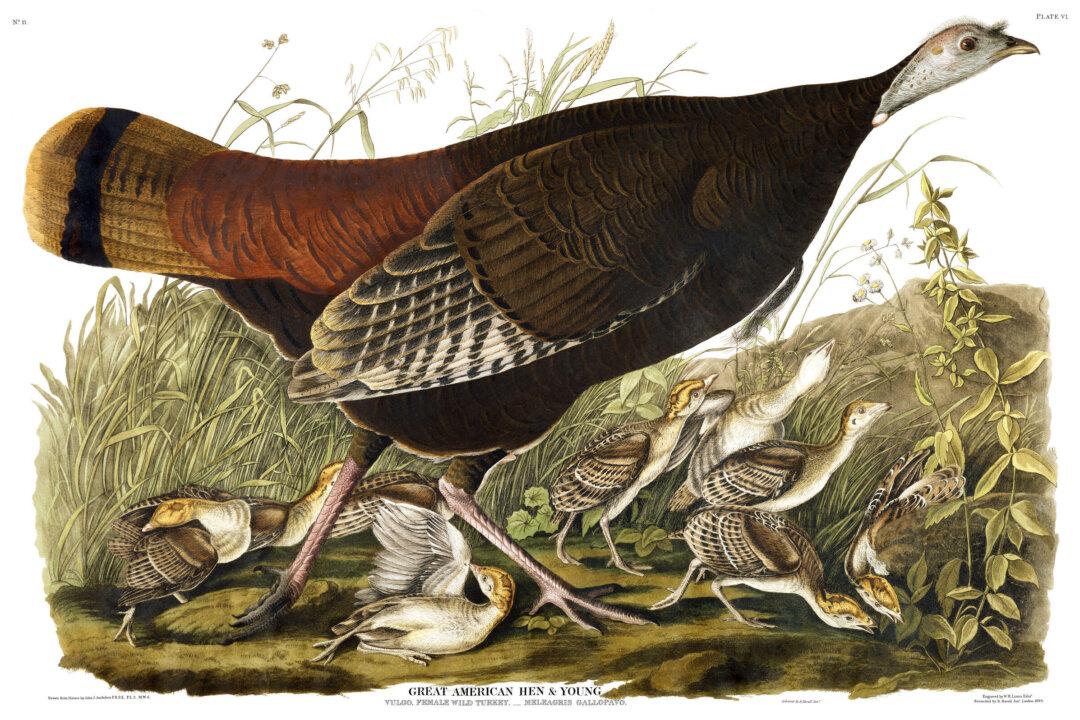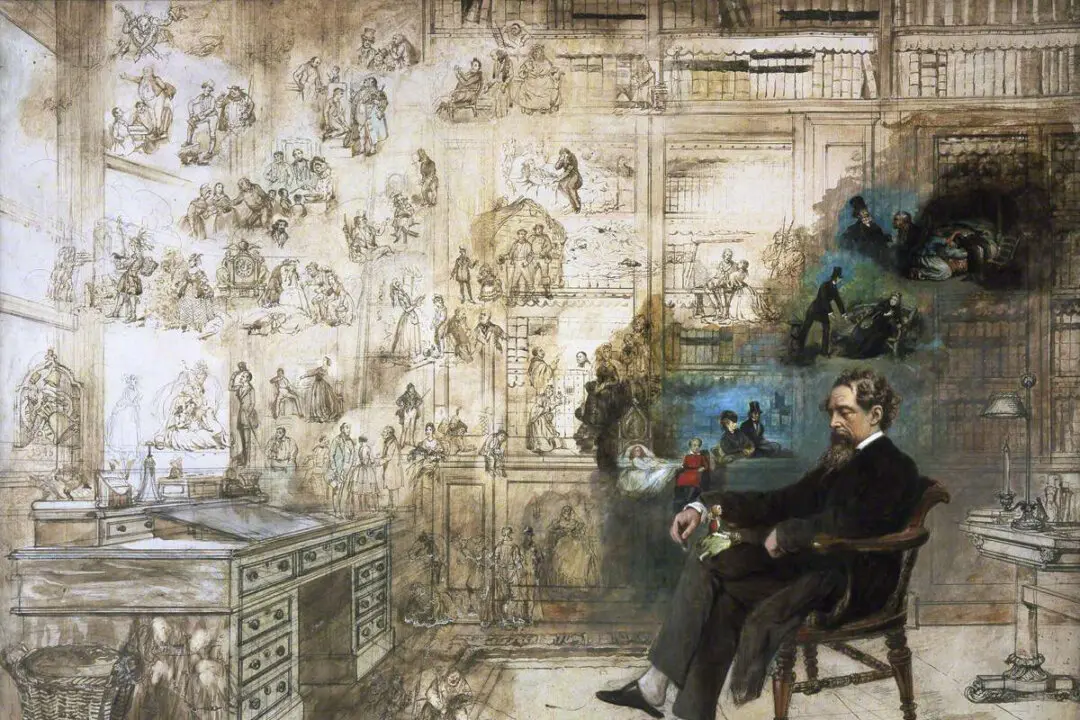Temperance is a very undervalued and much ignored virtue. Though we usually associate temperance with food and drink, we should apply it to everything else in our lives for it brings clarity and order.
In his short story, “Hunting the Deceitful Turkey,” Mark Twain shows that surfeit, or excess, in anything leads to trouble. When young Mark hunts a turkey, he learns that giving in to excess gets him lost.






